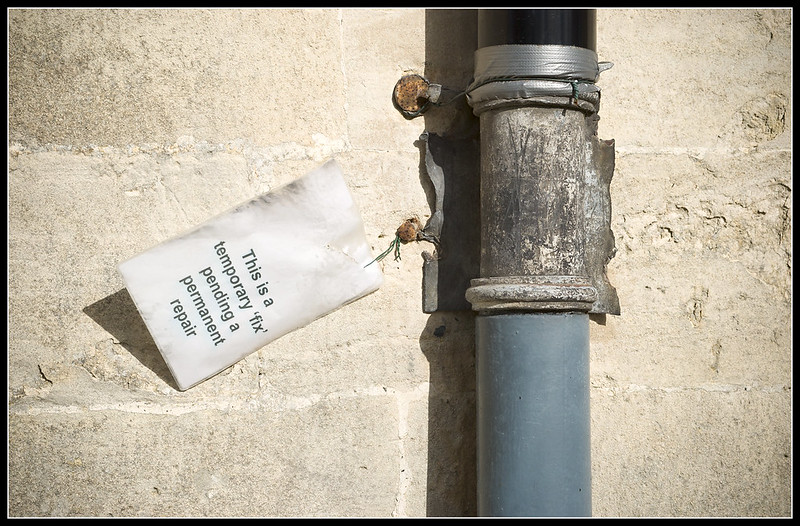
Recently, Pennsylvania Governor Tom Wolf signed into law a new budget that will carry state government operations through the remainder of the 2020-21 fiscal year. This legislation comes after lawmakers in Harrisburg approved a partial, stopgap budget amid the uncertainty of the COVID-19 pandemic back in May.
This new plan will bring the total operating budget for June 2021 to $36.5 billion, which is about a 4% increase in spending from last year. Fortunately for taxpayers, the approved budget does not include any tax hikes for Pennsylvanians – for now.
Lawmakers approved the use of roughly $1.33 billion CARES Act relief and more than $2.1 billion in federal Medicaid funding to balance the budget. However, the plan to use CARES Act funding to plug budget holes could be blocked by the federal government, as CARES Act guidance limits funds to be used only for costs directly related to the pandemic. Back in September, Pennsylvania was denied allocation of its CARES Act funds to make up its shortfall in yearly payments to school districts.
According to the Commonwealth Foundation, using one-time sources of money could create challenges for next year’s state budget. Gov. Wolf could attempt to increase taxes in 2021 in the name of avoiding cutting state funding, even if that funding was supplemented by CARES Act funds.
In 2009, something similar happened after Gov. Ed Rendell and the legislature used federal stimulus money to fund public schools. A few years later, when that stimulus money expired, there was sudden a $1 billion “budget cut” from public schools and the blame was placed on then-Gov. Tom Corbett. Since Gov. Wolf already proposes to increase taxes on energy bills with a natural gas severance tax every year, this could give him another excuse for it.
Further, the state budget uses $431 million from “shadow budgets” and makes small cuts to balance the budget. While this is great news for taxpayers in the moment, as it does not call for an immediate tax hike, this is just a one-time reduction in spending and does not provide long-term solutions.
A “shadow budget” is a portion of state spending in “off-book” accounts (not accounted for in the General Budget Revenue) that are financed by dedicated revenue sources or transfers from the General Fund. One shadow budget example is the redirection of sales tax revenue to the Public Transportation Trust Fund in 2007.
Shadow budgets prevent public scrutiny of spending decisions made by the legislature.
Lastly, the approved budget fails to restrict supplemental appropriations, making it highly likely that Gov. Wolf will “accidentally” overspend again. In the past, Gov. Wolf has exceeded budgeted amounts for certain programs by hundreds of millions of dollars through “supplemental appropriations.” This is a bad habit that needs to be formally restricted by the legislature – something this budget has failed to do.
A no-tax hike budget is another win for Pennsylvanians, but next year’s budget fight is right around the corner.

